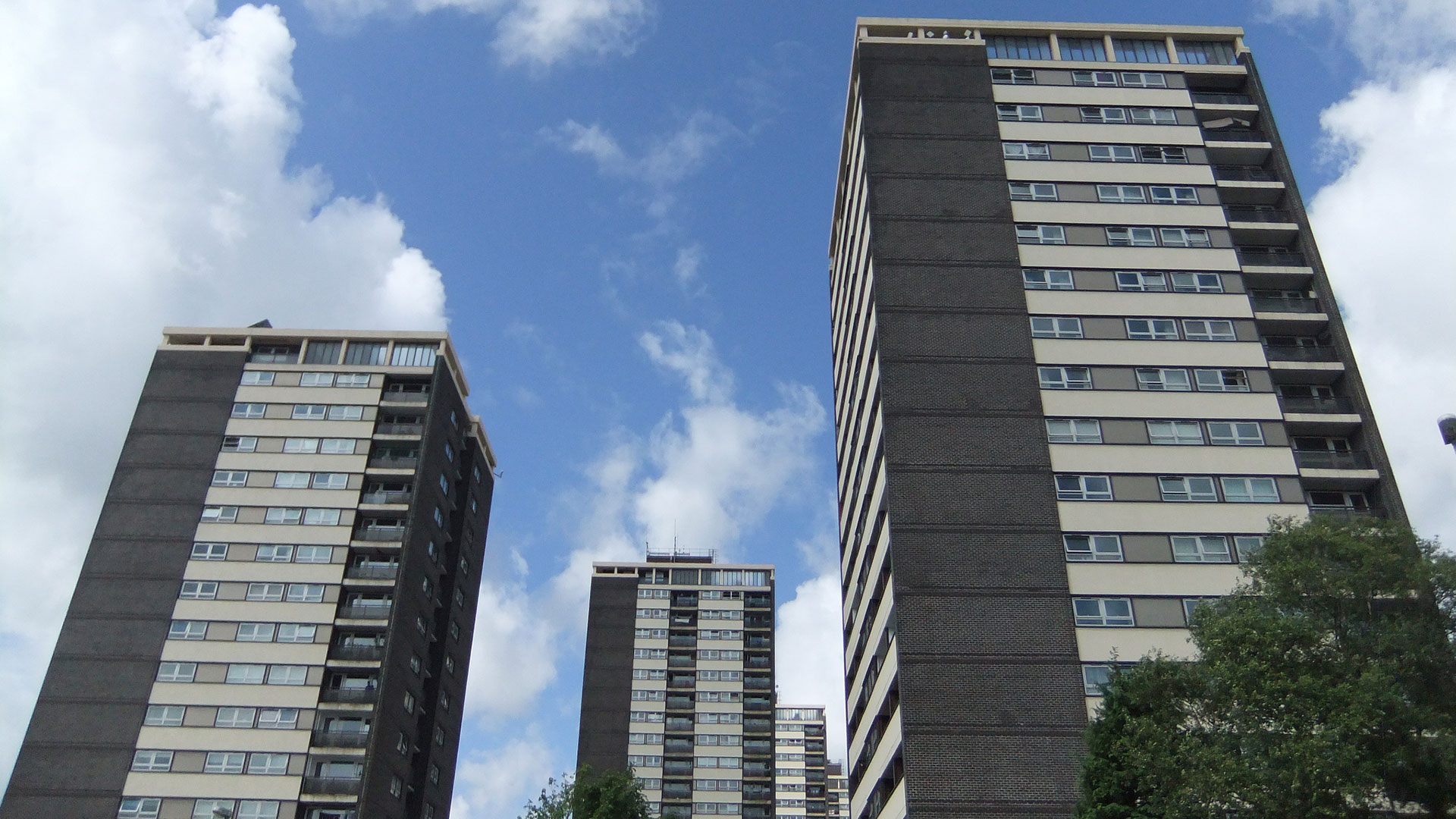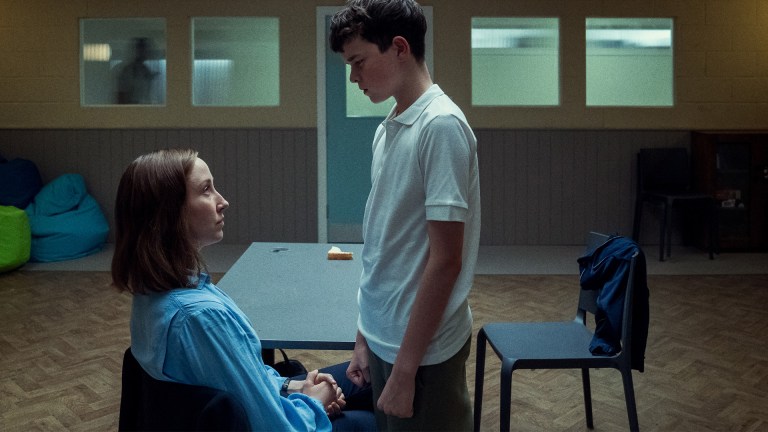Of the 668 individuals we surveyed who live in social housing and have experienced mental health problems, 15% stated that they experienced stigma from housing officials during the social housing application process. Some went as far as to say they were being ‘put off’ from applying for a tenancy because of their mental health problems.
And even if you make it through the allocations process, with its maze of complications, and secure a home, you may then be hit with the problem of having to navigate the incredibly complex issue of benefits and Universal Credit (UC). A total of 27 per cent of our respondents reported problems in this area and we think this number will only rise with the full roll-out of UC next year.
Furthermore, whilst living in social housing, 28 per cent experienced stigma from neighbours or flatmates relating to their mental health.
One social housing tenant we spoke with, Kathy, said that her housing association advised that they only step in to deal with anti-social behaviour should there be actual physical assault. This shows quite clearly that there is still no parity between physical and mental health – you still need to have visible bruises or physical damage to prove you’ve been hurt.
I don’t believe that housing providers are simply ignoring these issues. I’m sure that’s not the case at all. We know many provide a lot of help and support for their tenants. And it can’t be easy to strike a balance between the need to respond to the government’s housebuilding targets and the need to protect their customer service provision. But we do need them to do more.
It perhaps doesn’t help that the steers from government are so clearly in one direction. There is no requirement for providers and local authorities to capture data relating to mental health and social housing – so trends, gaps and needs are getting lost in the process.
Advertising helps fund Big Issue’s mission to end poverty
We seem to do a pretty good job for people with mental health problems as long as they are in supported housing, where many valuable interventions and innovative support services can be found. But we need to extend some of this attention into social housing more generally, where increased understanding and expertise might start to improve the lives of hundreds of thousands of people and ease the increasing pressure on other statutory and third sector services.
The government are talking a lot about mental health, and a lot about housing. But given the definite link between the two, we need to join up the dots. If we get the policy, processes and services right, we could take big steps in contributing towards sustained mental wellbeing.
So, our ask to the Ministry of Housing, Communities and Local Government is this: collect proper data on how the social housing system is working for people with mental health problems and commit to embedding the needs of people with mental health problems in new social housing legislation.
And please, don’t lose sight of those who have moved from the waiting lists and into their social housing home. The job is not done when someone is placed in a house and closes the door for the first time. To make a home people need to feel safe, secure and supported when necessary. More mental health training for frontline staff and increased access to wrap-around support could significantly improve the quality of life for so many people with mental health problems.
To find out more about Mind’s housing campaign, click here
Advertising helps fund Big Issue’s mission to end poverty
Image: Alex Liivet/Flickr










